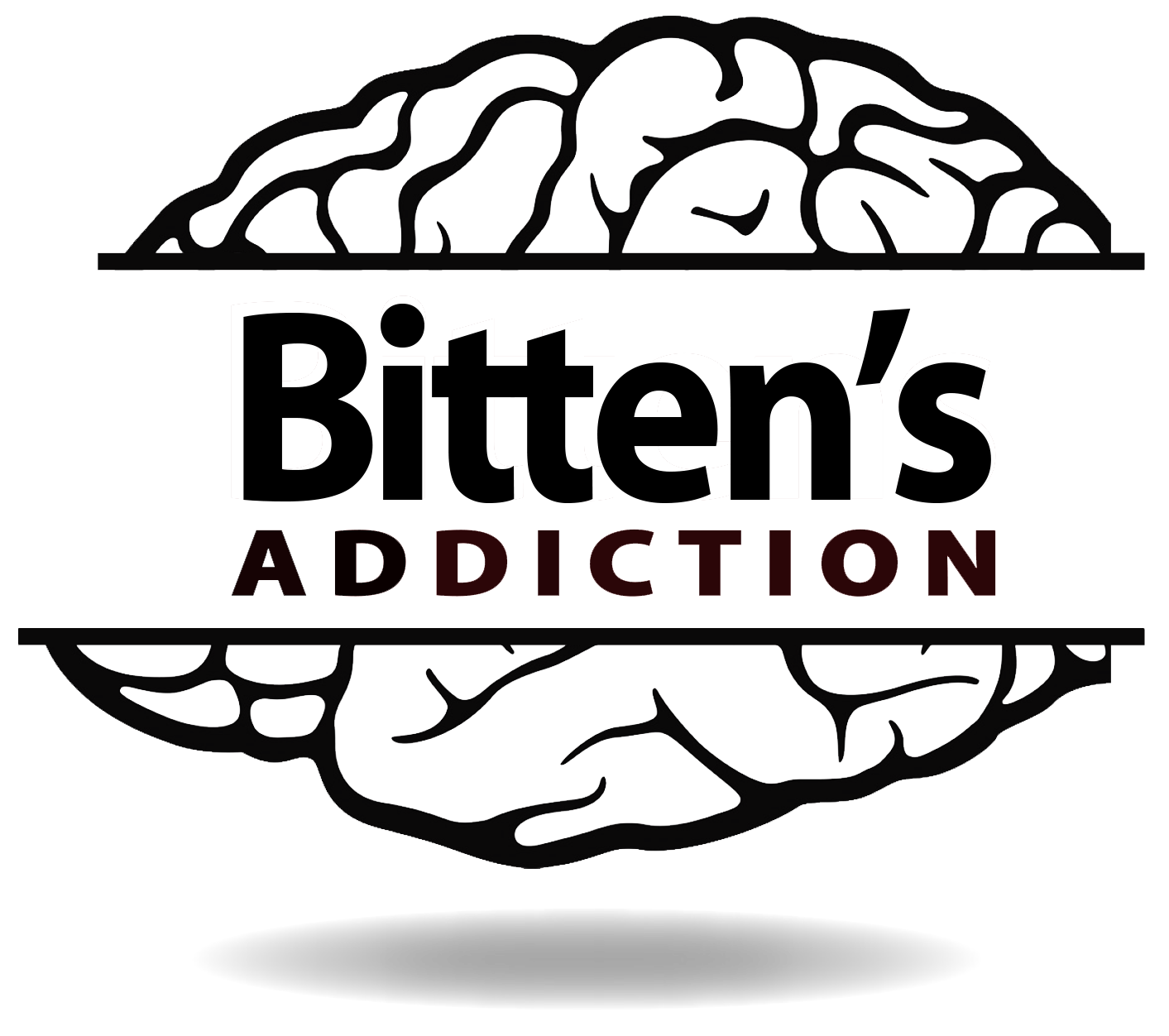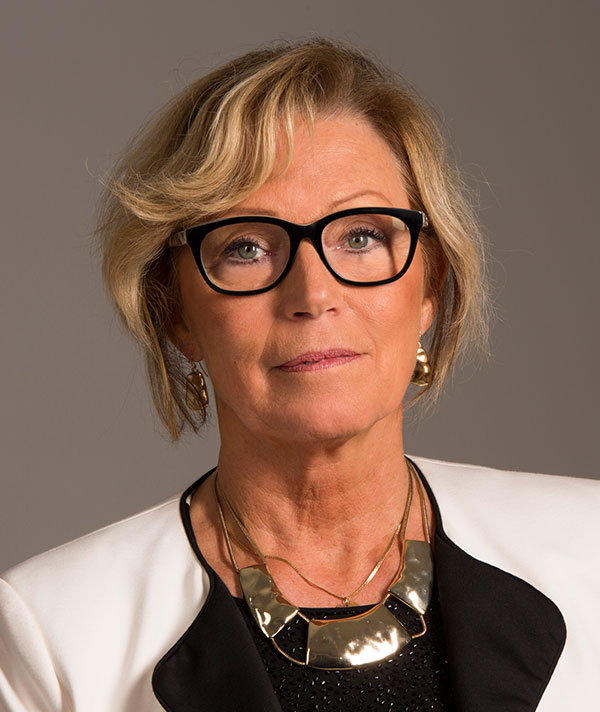Here you can find information if you need help:
First of all, join our closed support group on Facebook “Sugarbomb in your brain” and “Sugarfree cookbook”. There you will find “your pack” where we share our struggles and recovery. Support is one of the most important tools there are.
The big challenge today is how we can increase knowledge about sugar addiction. How to screen, assess, evaluate and in the future diagnose. More professionals need to understand this brain illness and how to treat the biochemical consequences and restore energy and health in the client. Professional help needs to expand and be more available. This is a chronic disease, so we also need to increase access for more people to primary treatment, aftercare, and lifelong support. This is why I started to train professionals.
Here you will find certified SUGAR® specialists from all over the world. Most of them also work online.
If you are a professional and want to expand your knowledge about sugar addiction in order to help, look here.
Unfortunately, there is still a lot of ignorance and I hear from my clients that they meet people and professionals who say “they do not believe” sugar addiction exists as a disease and that it is all about “willpower”. I remember that was the case for alcohol and alcoholism back then, but that has changed. Today there is a lot of research on sugar and strangely enough, there has been for many years. Some of the first books I read at the beginning of 1990 were written in 1972 and 1975; excellent books full of insights and observations that today are confirmed by research.
Another interesting aspect is that so many who are not educated in addiction medicine seem to know for sure that sugar addiction is a myth. I used to quote Daniel Patrick Moynihan “you are entitled to your own opinion, but you are not entitled to your own facts”. We know for a fact that sugar acts as a psychoactive drug on some people and that it also is a gateway drug. I also say “if you break a leg, it is better to see an orthopedist and not a gynecologist”, i.e. if you have a problem with loss of control over sugar, talk to an addiction specialist.
Find the ones that have the skills, training, experience, insights, and knowledge. Few can separate the different categories. Social users are those that are not obsessed, do not overeat, and have no consequences for eating sweets/flour. The next category is those we call harmful users. They do experience the consequences of eating too much processed junk food, sometimes even serious consequences like type 2 diabetes and more. But they are not obsessed. If they get knowledge and insight they can quit and moderate their intake. In this category, we see people that celebrate and comfort themselves with food. They might eat under stress but their lifestyle is also one where food is important because it tastes great. The third category is sugar/flour addiction and this is a severe brain illness. They are the people I work with – they are my pack.
https://www.bittensaddiction.com/en/addiction/
Why is it so important to understand the difference between social use, harmful use, and addiction? Because the treatments are a world apart. So that’s why it is so important to evaluate/diagnose what condition a person has. The instrument we use is SUGAR® – read more here
It is unethical to treat a person without knowing what to treat.
There is a risk of improper treatment in terms of harmful use or pathological use/addiction, as there are different treatment methods for these.
It is very important for the patient’s understanding, acceptance, and motivation and for formulating realistic goals for the treatment.
Essential for research on treatment results – it’s worthless if you don’t know what condition has been treated!
The instrument I developed for this mapping is called SUGAR ® and is based on International Diagnostic Criteria ICD-10. Here is a list of certified specialists.
Generally, traditional medicine has very little education and training in addiction medicine and especially not in sugar addiction. My mission is to teach and educate so more patients will receive help.
We are many today working to spread knowledge and change this. You can help spread the message. Dare to ask for proper screening, assessment, and evaluation. We need to dare diagnose this terrible illness for everyone afflicted to receive appropriate help.
 Svenska
Svenska


